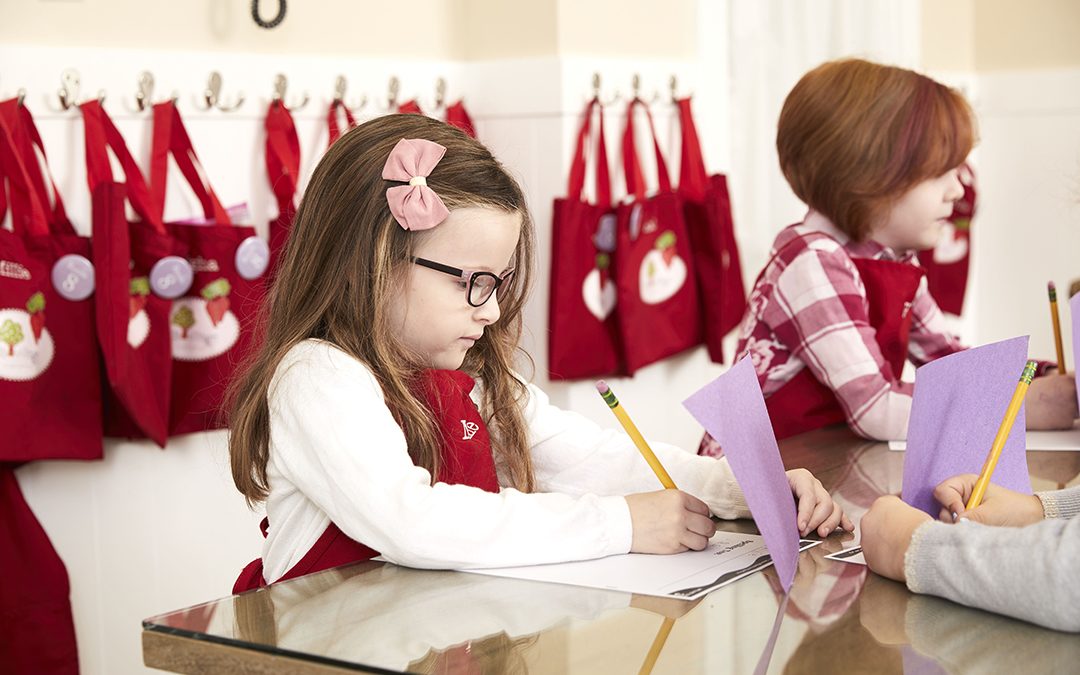“Developing a growth mindset.” You’ve probably heard this phrase kicked around, but why is it so important?
A growth mindset is the opposite of a fixed mindset. Those who have developed fixed mindset are likely to believe one thing: “it’s out of their control.” Those with fixed mindsets believe they were born with innate traits and talents and that those are the only path to success. This mindset doesn’t truly celebrate talent, however; it merely asserts that you got what you’re given and there’s no way around it. Failure means you’re out of the running.
A growth mindset, conversely, results in the opposite. Failure is a natural (and not bad) part of the process of learning something new. It’s another stepping stone on the way to success. Failing at something means that you tried, and in trying, You learned something. People with this state of mind are able to step outside of their comfort zones, branch into new territory, and find meaning for their lives away from those accomplishments that were easy to come by.
Phrases to Encourage a Growth Mindset in Children
A growth mindset leads to successful, healthy adults–which, as a parent, is our dream for our children. Cultivating a growth mindset can be supported with the following phrases.
“I’m so glad you didn’t give up!”
As with everyone, every age, your child is bound to struggle completing things sometimes. Praise their hard work and effort when they struggle but don’t give up. And, in line with that, let them struggle. If they’re having a hard time getting up into the swing, give them some time to try it on their own. When they inevitably succeed, remind them that they got there through hard work and determination.
“That seemed so easy for you! Can we try something to make it more challenging?”
Okay, they’re a dancer. You knew it the first time they started wiggling along to that unstoppable drum solo in that one song (that they are now playing on repeat). But using language that helps them find intrigue in the challenge will teach them to both work harder at what they’re good at and find the joy in trying things that might not come so naturally to them.
“You admitted you needed help. That’s not easy to do.”
Praise them for asking for help. Even when you need help, it’s a step in the right direction. Growth isn’t always just about figuring something out for yourself, it’s also finding the resources that can help you learn how to do something better. Asking for help is something even many adults struggle with–have you ever had something you’d rather give up on than ask help with? Recognizing when your child asks for help and praising it as part of the growth process is an excellent way to help them have this “tool” to help them through difficult challenges in the future.
“Can you think of any other ways to try this?”
This one is good for both easy and challenging tasks. Asking this for easy tasks encourages them to think outside of the box, which gets them ready for those harder tasks. Imagination is so important to a growth mindset; whatever they believe, they can achieve. If they’ve failed on their first attempt of a harder task, congratulate them on that failure first, then prompt them to keep trying.
Final Thoughts: Setting an Example of Growth Mindset
Praising our children seems easy. We want them to succeed and we love celebrating our little mini-me’s. Teaching them to have a growth mindset is made even easier when we develop a growth mindset of our own. Kids are copycats; monkeys see, monkeys do. Let them see you have patience for your mistakes. Teach yourself to revel in your failures and recognize their part of future successes. Life is hard, but with the right mindset, that’s half the fun of it.
For you: check out Debbie Millman’s essay, “Fail Safe.”

